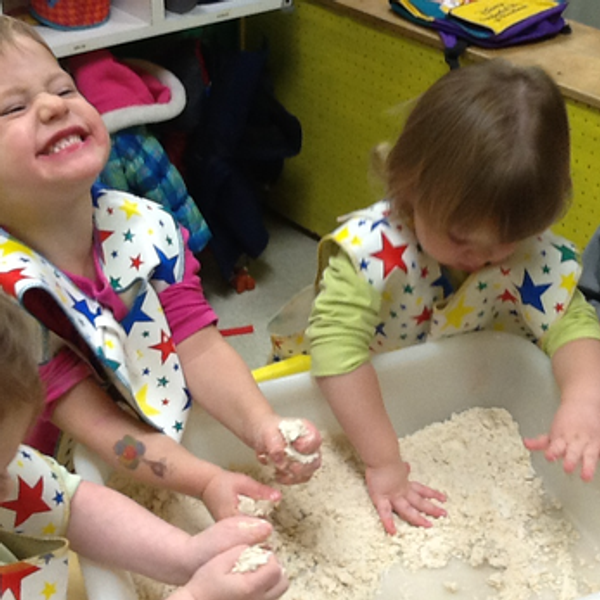When you look at the disposition of a young child, you most likely think of characteristics such as innocence, simplicity, and bliss. You may have joked that you wish you could return to a time of such effortlessness, when you were free of adult burdens and when the world seemed to be a gentler place. The thing is, young children know how to be happy because they have not yet developed the habits that tend to weigh us down as we age.
First of all, young children are honest. No, I don’t mean won’t-eat-a-cookie-behind-your-back honest; I mean they are straightforward with others and with themselves. No games, no passive aggressiveness, no denial. If you hurt his or her feelings, you’ll know it. If they are scared, they show it. If they want something, they’ll ask. As adults, much time is wasted making communication harder than it has to be. Or, instead of recognizing and embracing feelings, they are disregarded.
A perfect example of that is the feeling of excitement. We’ve all heard that unguarded, delightful belly-laugh of a kid in pure happiness. They are elated by everything around them and freely express it, whether it’s a huge grin or even clapping their hands. However, somewhere along the way, we learn that showing eagerness isn’t “cool.” For whatever reason, our interest has to be masked, and we instead are taught that it’s better to act nonchalant and aloof. In fact, we are so detached from our childhood that those who do still demonstrate their enthusiasm are deemed eccentric or even obnoxious. Pretty sad, right? A child revels in happiness without worrying about having to be composed.
You’ve also probably noticed that kids harbor this beautiful curiosity about the world around them. They are hungry to learn, ask questions, try new things without the worry of making mistakes. And, when mistakes are made (they unavoidably are), it doesn’t stop him or her from trying again, fearlessly. This is because children are not hard on themselves; they do not sit and count their insecurities and inadequacies. Furthermore, children are present in this everyday experience of learning and living. While they are engaged in an activity, they are not thinking about yesterday’s events, or what will happen tomorrow. They are not distracted by the stresses and anxieties that grow and grow as we get older. Ever notice how soundly a toddler sleeps? Like, absolutely zonked out, not a care in the world. Probably not a coincidence when we compare it to the restlessness and late-night worries that interrupt our own shut-eye.
What about social habits? Think about how easy it is for children to make friends and interact with one another, even if it’s the first encounter. They are free of judgments and inhibitions when they can connect through a common interest. They are not worried about what the other thinks of them, nor do they over-analyze the interaction after. A child also does not hold grudges. He or she is resilient and a master at “letting it go” when it comes to the relationships in their lives. Children also embrace physical touch, a healthy aspect of all human life. Yet, at what age does it start becoming less acceptable to hug your parents for no reason, or to affectionately put your arm around a friend?
Perhaps for our lessons on the fundamentals of happiness, forgiveness, and clarity, there is no need for expensive books. We spend so much time teaching those younger than us our “wisdom,” when perhaps they are the ones who could be teaching us.





















